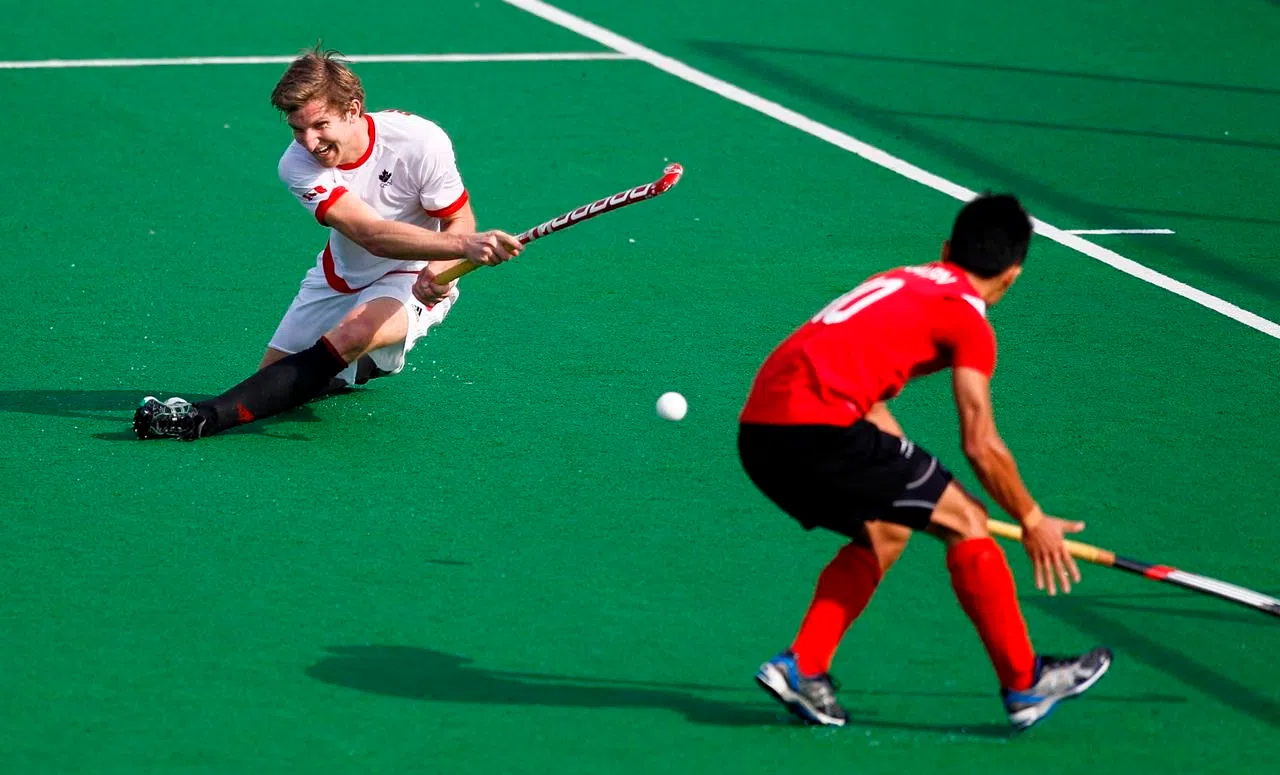
Veteran field hockey player Mark Pearson set for fourth Commonwealth Games test
GOLD COAST, Australia — Mark Pearson was on a chairlift in Whistler when he got the late call that he had made Canada’s field hockey roster for the 2006 Commonwealth Games in Melbourne.
Striker Ravi Kahlon had injured a hamstring in a pre-tournament match. Pearson, just 18, was his replacement.
“I gingerly, barely, skied, trying not to get injured (coming) down the mountain,” Pearson recalled in a recent phone interview. “My buddy drove me back to Vancouver. I got on a flight the next morning to meet the guys in Melbourne.”
Fast forward 12 years and Kahlon is B.C.’s parliamentary secretary for sport and multiculturalism while Pearson is headed to Australia’s Gold Coast for his fourth Commonwealth Games.


